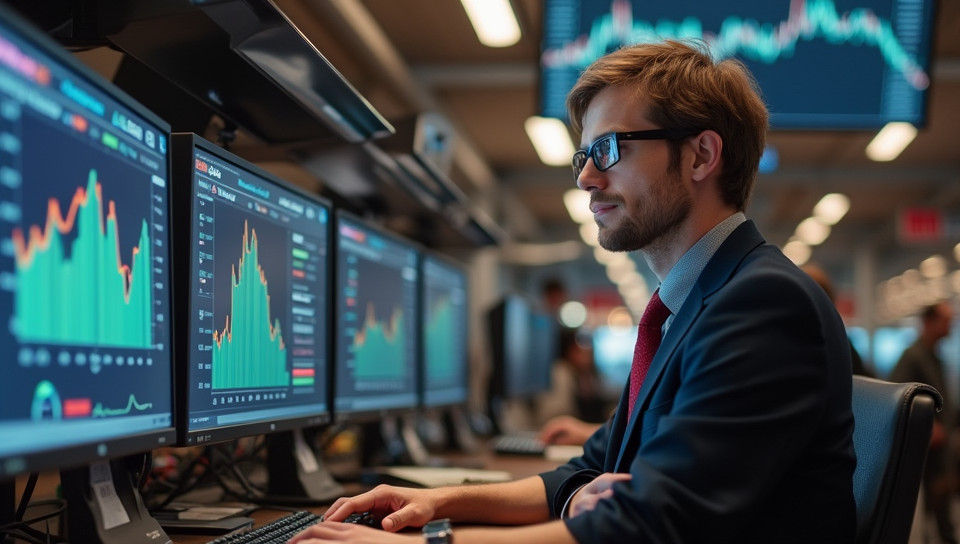Retail traders fuel the popularity of meme stocks 71%
Truth rate:

Pros: 10
Refs: 0
Info:
- Created by: Sebastián Salazar
- Created at: Sept. 22, 2024, 9:47 p.m.
- ID: 10408
Related:

